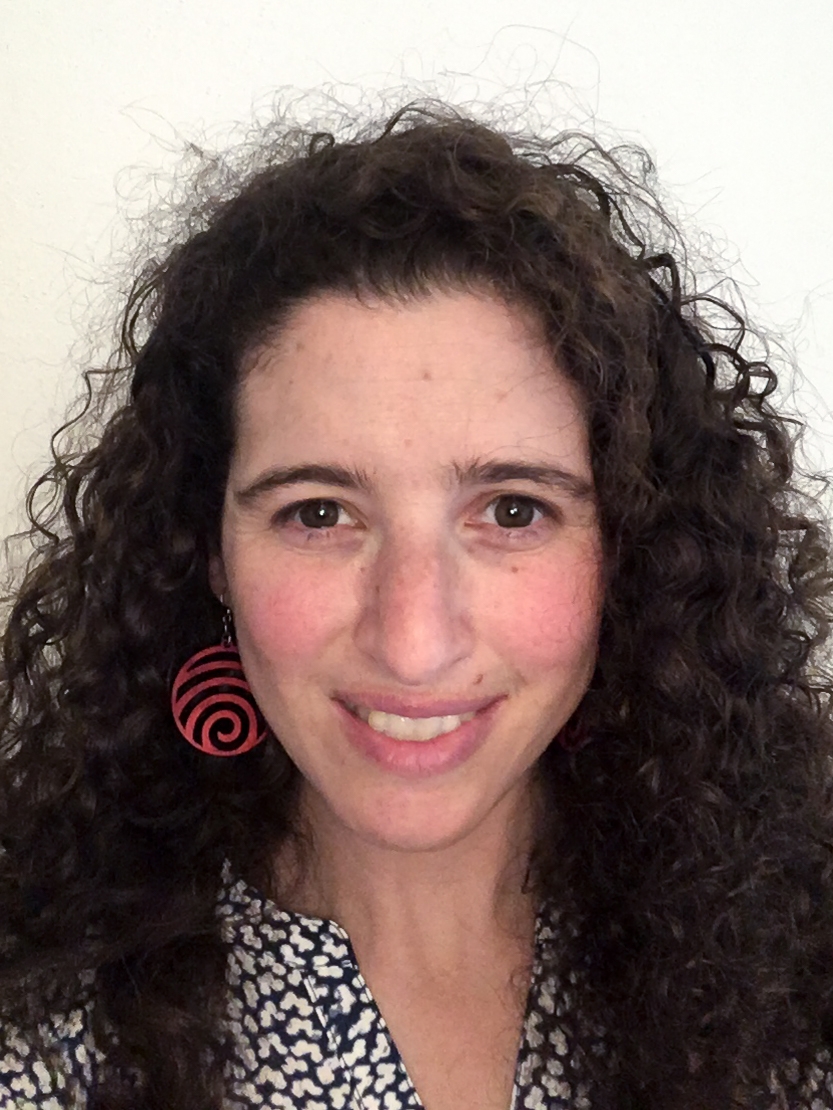FORMER MEMBER
POSTDOCTORAL NETWORK | Global Change Center
Previously, Dr. Goldberg completed a postdoc at Colorado State University working with the United States Geological Survey to evaluate the presence and impact of plague caused by the bacterium Yersinia pestis on small mammal survival in the Lincoln National Forest, New Mexico. We are particularly concerned about the effects of plague on the Peñasco least chipmunk, a candidate for the endangered species list. Plague was introduced to North America from Asia and is now present on five continents impacting both human and wildlife health.
Dr. Goldberg completed her PhD in natural resources at the University of Idaho. She designed and implemented a long-term research project evaluating the effects of a habitat restoration on the threatened northern Idaho ground squirrel. Additionally, she evaluated the following three alternative hypotheses for why these squirrels are in decline: 1) the plague hypothesis, 2) the thermal intolerance hypothesis (climate change impacts on hibernation), and 3) the food limitation hypothesis. Dr. Goldberg completed her master’s degree in Biology at Kansas State University. For her master’s, she assessed the demography and dispersal rates of black-tailed prairie dog populations at three national monuments to understand how to best manage these populations within the parks and avoid conflicts with neighboring private landowners.
Last updated 10/31/2024.









